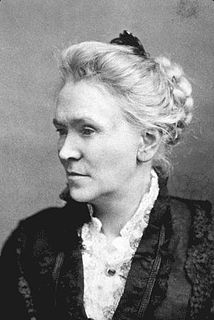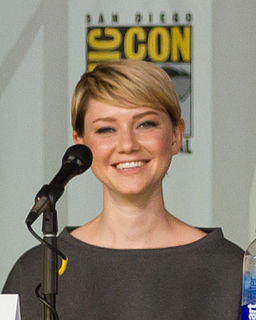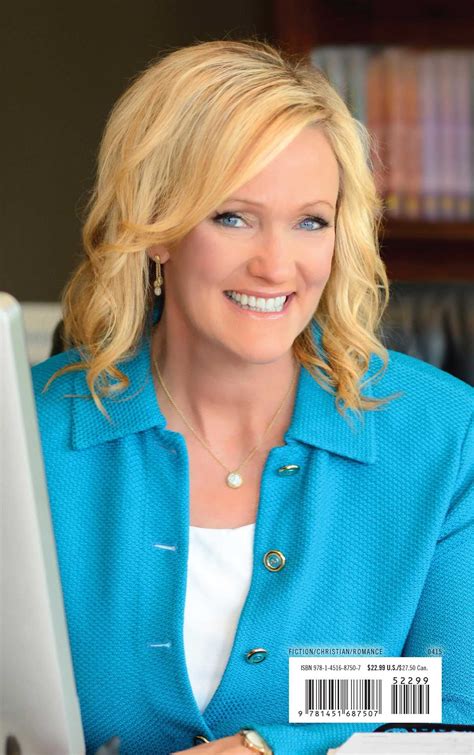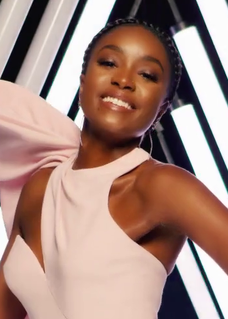A Quote by Jenna Wortham
The most moving parts of 'Real American' come when Lythcott-Haims stares unflinchingly at her own self-loathing, writing about the racist encounters of her childhood that convinced her from a young age that there was something inherently wrong with being black.
Related Quotes
My mother didn't feel sorry for herself, she was left with no child support, no alimony at a very young age, with a child to raise, a high school education and she just figured it out. She didn't complain, she didn't rely upon government, she relied upon her own skill set, her own self confidence, her own drive in moxie and her own duty to me and her and she relied upon her family and her faith.
The most stupendous system of organized robbery known has been that of the church towards woman, a robbery that has not only taken her self-respect but all rights of person; the fruits of her own industry; her opportunities of education; the exercise of her judgment, her own conscience, her own will.
It was a good script [Something New]. We have not seen an interracial issue dealt with from a black woman and white man's perspective in this way. And, usually, it's a black man, white woman. I loved the fact that it wasn't about the couple being against the world or the couple against the family. I loved the fact that it was her dealing with her own prejudices that came up, her own guilt, her own shame and embarrassment about what her peers thought.
My mother was working on her college degree throughout my childhood, and being the youngest in the family, that meant being dragged to a lot of her classes. She majored in playwriting, so I was exposed to theatre from a very young age, and it was just the most magical world to me. I never really wanted to do anything else.
Her fine high forehead sloped gently up to where her hair, bordering it like an armorial shield, burst into lovelocks and waves and curlicues of ash blonde and gold. Her eyes were bright, big, clear, wet and shining, the colour of her cheeks was real, breaking close to the surface from the strong young pump of her heart. Her body hovered delicately on the last edge of childhood -- she was almost eighteen, nearly complete, but the dew was still on her.
They'd had fun, for sure. They laughed and enjoyed being together. But if she was painfully honest with herself, something was missing. Something in the way Tim looked at her. She remembered her mom's word. "I saw the way he looked at you...he adores you." Maybe that was it. Tim looked at her on a surface level. He smiled and seemed happy to see her. But When Cody looked at her, there were no layers left, nothing her didn't reveal, nothing he couldn't see. He didn't really look at her so much as he looked into her. To the deepest, most real places in her heart and soul.
Director Park always talked to me about her in a very innocent way, that the story was of her coming of age and her sexual awakening and her going from girl to woman and that she had the same desires and hopes as other young people in terms of being very infatuated, which comes in the form of her uncle, which is very unconventional.
But when I realized it was actually going to be this portrait of the artist, birth to death, I had to then discover who Margaret as a young woman would be. I had to find the different voices for her throughout her life. I had a lot of fun discovering that. I had a lot of fun writing the childhood sections. By imagining her childhood, I was able to come up with this voice that matures as she gets older.
She moved from being a young woman into having the angular look of a queen, someone who has made her face with her desire to be a certain kind of person. He still likes that about her. Her smartness, the fact that she did not inherit that look or that beauty, but it was something searched for and that it will always reflect a present stage of her character.
































